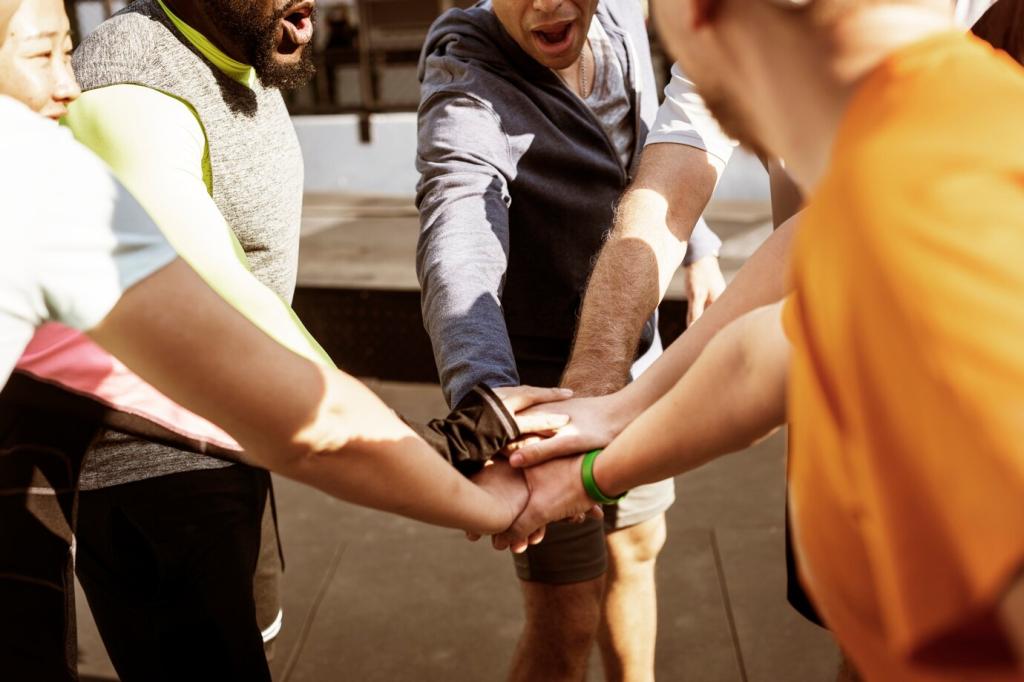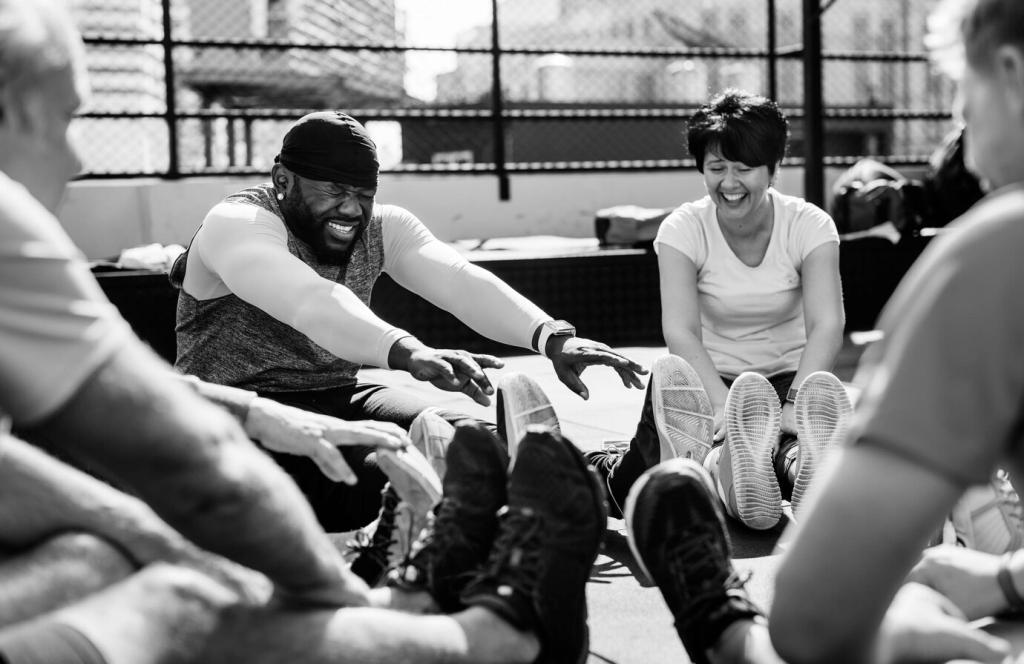Five-Minute Starters That Build Creative Muscles
In pairs, build a paper bridge that holds a mug using only one sheet and thirty seconds of planning. You will see rapid role negotiation, fast testing, and gentle conflict management emerge naturally. Post a photo and share your best trick.
Five-Minute Starters That Build Creative Muscles
Pick a problem and list ideas where each one starts with the next letter of the alphabet. When someone stalls, anyone can jump in. Notice momentum building as constraints nudge brains toward unexpected, delightful directions together.
Five-Minute Starters That Build Creative Muscles
Choose a routine process and redesign it using exactly two rules that must always be followed. The limitation forces clarity and prioritization. Afterward, discuss which rules might improve today’s project standups, reviews, or handoffs immediately.
Five-Minute Starters That Build Creative Muscles
Lorem ipsum dolor sit amet, consectetur adipiscing elit. Ut elit tellus, luctus nec ullamcorper mattis, pulvinar dapibus leo.







